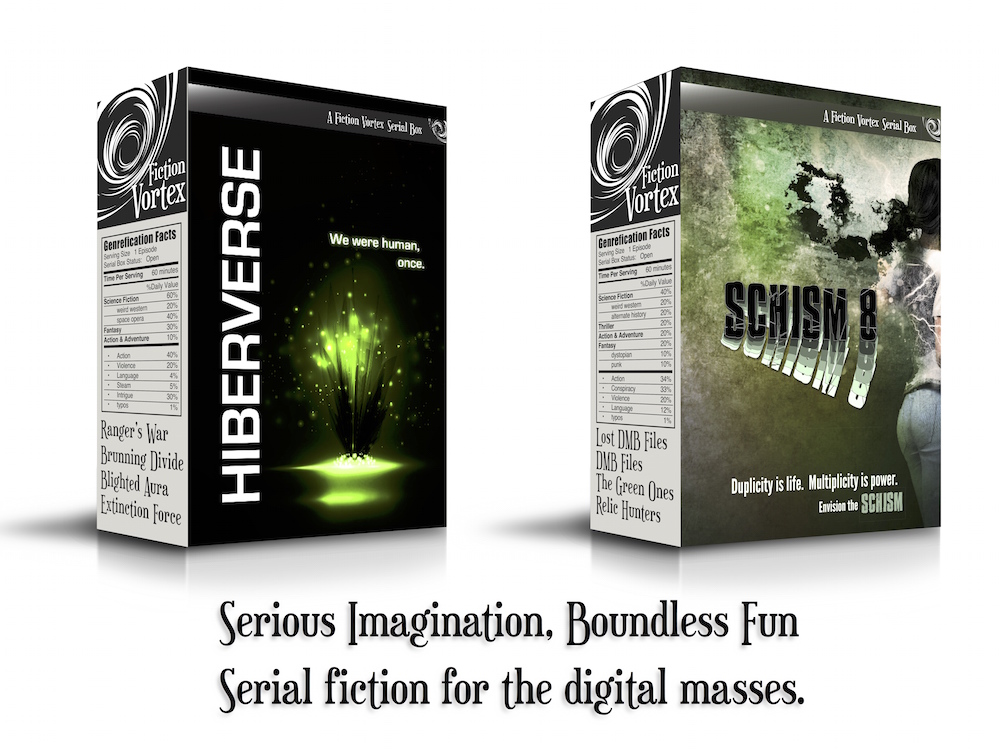For those of you who haven’t heard, ebook sales leveled off during 2014. (Hear the collective sigh of relief over New York.) Some industry insiders see this as the end of an electronic fad. (http://www.idealog.com/blog/the-publishing-business-as-we-have-known-it-is-not-going-away-anytime-soon/) Others see it as the eye of the storm. (http://www.digitalbookworld.com/2015/how-to-survive-the-death-of-the-book/)
As a full time author and entrepreneur, I think storytelling will inevitably rediscover its natural, digital form. This form will look nothing like the two-year long process the publishing industry clings to today. Honestly, I don’t believe written storytelling in five years will closely resemble the ebook of today either. (And I’m currently making my living off of such packets of information.)
For my part, I tend to agree with Gareth Cuddy (http://www.digitalbookworld.com/2015/publishings-digital-disruption-hasnt-even-started/) when he says the true disruption hasn’t yet begun.

Fiction Vortex (http://www.fictionvortex.com) is my prediction on how that disruption will take place.
The brainchild of a ragtag, vanguard of indie authors (me included), Fiction Vortex emphasizes imagination and fun. Tired of industry standards, we’ve decided to no longer take crap, so readers don’t have to read it.
We’re creating serial fiction in collaborative story worlds called “serial boxes” (like sandboxes but for serial fiction. Eh? Eh?) These serial boxes each contain multiple serials that enable authors to push out weekly episodes through the Fiction Vortex platform. With every serial box creating at least one episode a week, readers will have no shortage of content taking place within story worlds they already know and love.
Will it work? The next 12 months will tell. If we can prove the model, the only ceiling is the number of digital readers willing to find their content somewhere other than Amazon.

